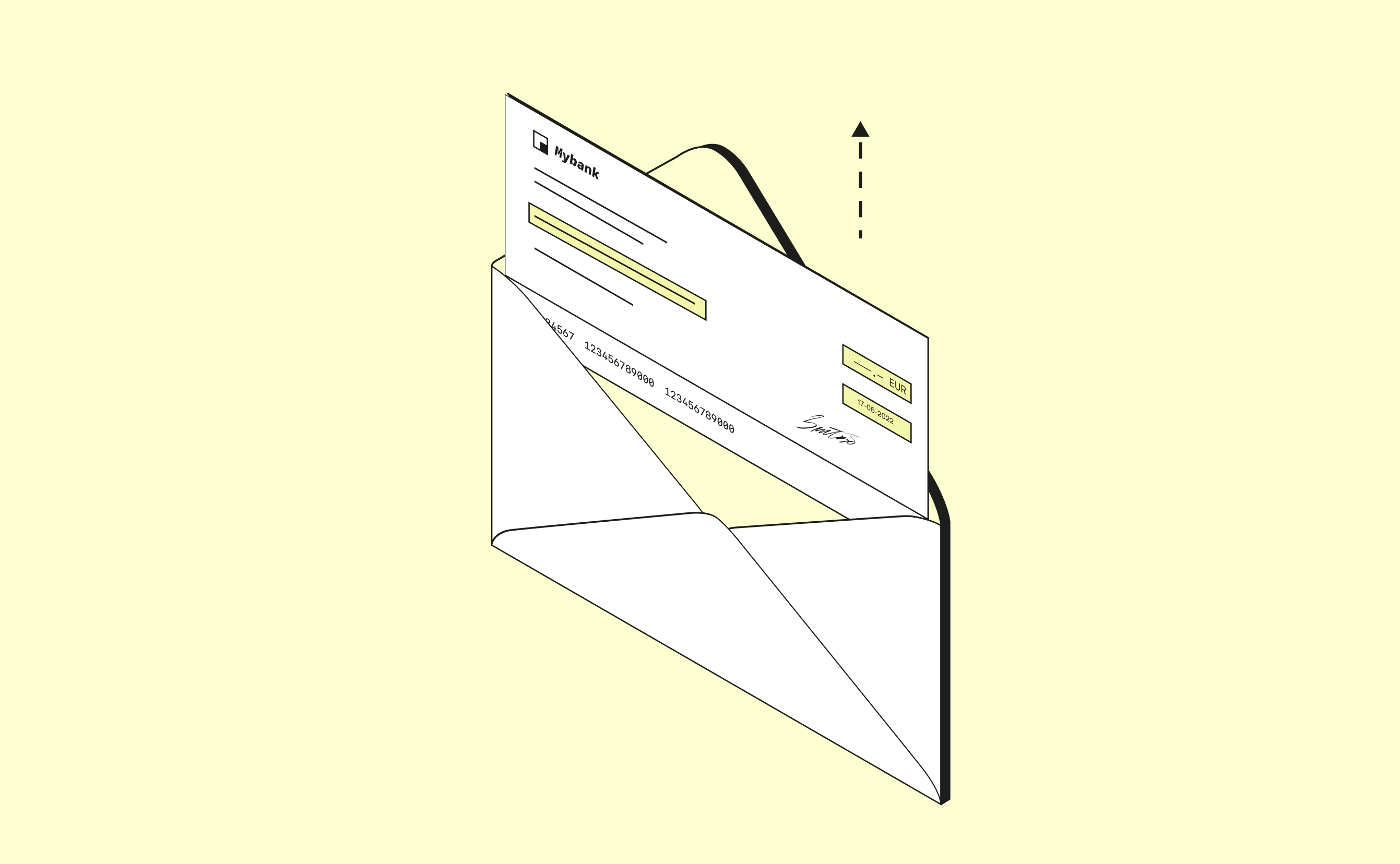They say that imitation is the sincerest form of flattery. But in 2025, criminals using AI-driven phishing and deepfake voice scams to impersonate Qonto staff members is not only unflattering - it’s a serious threat.
Your account security is our top priority. That’s why we’ve invested in cutting-edge technology, including AI-powered fraud detection, biometric authentication, and real-time alerts, to protect you from evolving phishing attacks.
This article will break down the latest phishing tactics, from QR code scams to social media impersonation. We’ll also give you some advice on what to do to prevent it from happening to you and your company.








